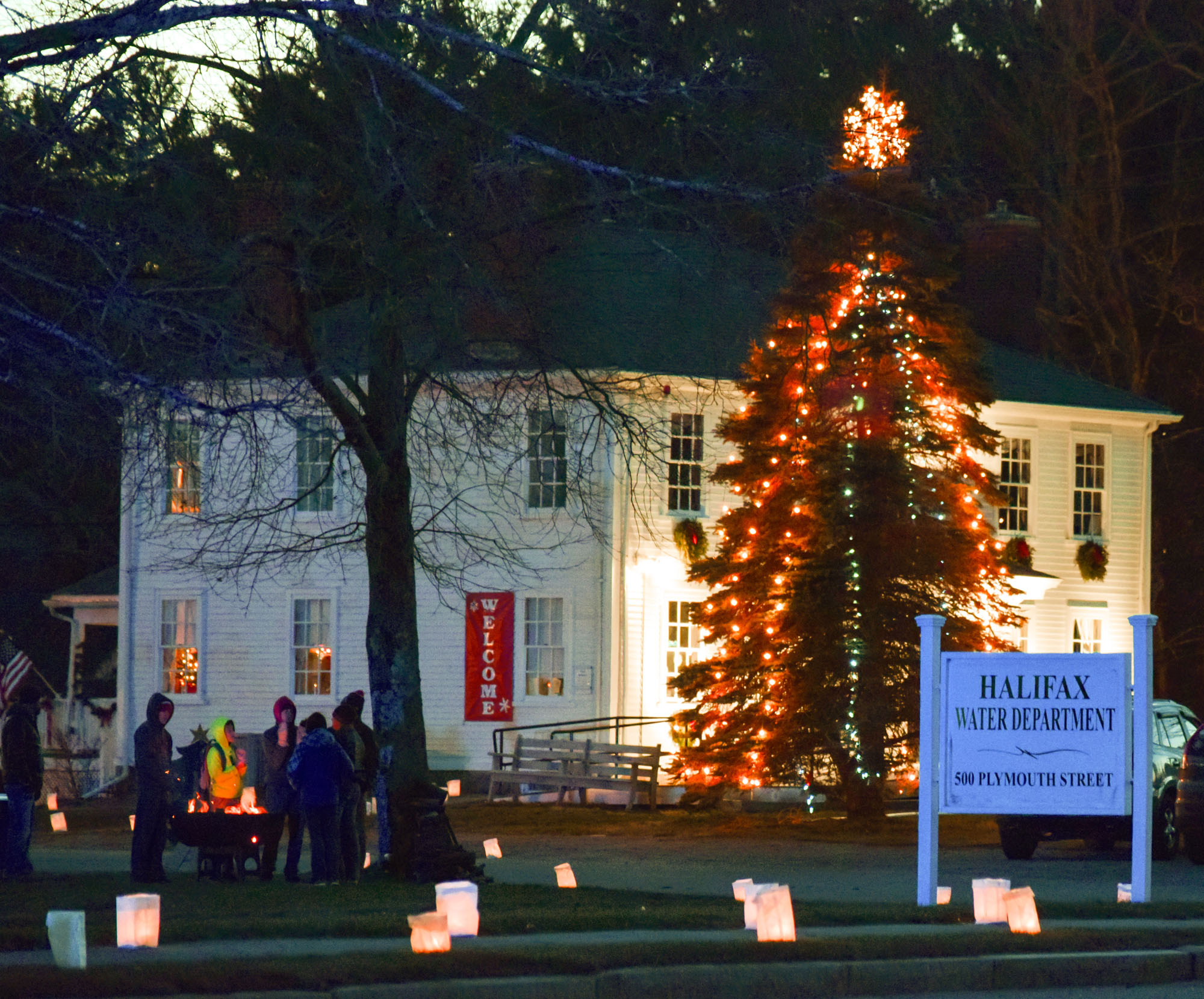On Tuesday January 3, 2017, the town of Halifax officially transitioned their 911 emergency dispatching to the Regional Old Colony Communications Center (R.O.C.C.C.) located within the Fire Department in Duxbury. Halifax became the third town to switch over to the regional dispatch center, joining Duxbury and Plympton.
Previously, Halifax ran their own emergency dispatch out of their police station. Police Chief Edward Broderick is already noticing a positive difference since switching to a regionalized system. “Before, there would be only one dispatcher taking the call at the station. Now, there’s someone assigned to that call while another person also working at the R.O.C.C.C. listens in on the call. Once they get enough information, they are identifying the location where emergency service is needed,” Broderick said.
On average, this delegation of tasks allows police, fire, and paramedics to get to the scene of the emergency 20-30 seconds faster. Fire Chief Jason Viveiros explained, “That 20-30 seconds we save here is crucial. How quickly an ambulance and personal can arrive at the scene saves lives and makes a better service for the people of Halifax.”
Chief Broderick also said the use of geographic information system (GIS) technology has been very helpful so far for his officers. “Officers are able to get better information from the R.O.C.C.C. on the ground based off the mapping technology they have available to them.”
It’s also worth noting, that since switching over from dispatching out of Halifax to the R.O.C.C.C., none of the dispatchers in Halifax lost their jobs Fire Chief Viveiros said, “We had four full time dispatchers before switching to regionalization. Three of them are now working at the communication center in Duxbury. One of them retired, but there were no job losses or lay-offs.”
Duxbury Fire and R.O.C.C.C. Captain Robert Reardon is proud that the Regional Center has helped smooth over that transition in Halifax. He said, “It’s been great being able to get these dispatchers over here at the R.O.C.C.C. I must say we do have very rigorous standards here and those dispatchers must be trained and meet our standards, but it’s gone well and it’s nice to have them here.” Captain Reardon also added that they hired a dispatch supervisor from Halifax as well.
Halifax’s contract with the Regional Old Colony Communication Center will run for five years, until 2022.
Plympton signed their five year contract with the R.O.C.C.C. back in 2013. Previously, Plympton ran their dispatch with the State Police in Middleborough.
Chief Dillon says that three years into the agreement, his initial thoughts have been proven correct. “It’s (the dispatch) a lot more streamlined and safer. It’s allowing us to make more effective use of the technology.”
The technology being referred to includes things like GIS and the use of close circuit security at the police stations. The cameras allow those at the dispatch center to respond at the stations in case of emergency. There was a monitor right inside the control center at the R.O.C.C.C. that showed the front lobby of the Halifax Police Station.
In regards to GIS technology, Plympton Police Chief Dillon is pleased with how the technology helps his officers. He says, “Not everybody marks their house clearly or their mailbox or anything they can see, so that aspect is helpful.”
Dillon said another example of R.O.C.C.C.’s technology gives is the ability to access and enter various amounts of information at once. He said, “If we were to go to a three car motor vehicle accident, what we used to have to do is my officers had to type in each registration plate one at a time.” Now, they call it in and the dispatcher can run and backfill all that information for them.
Captain Reardon also took some time to explain how some of the GIS technology works. He said, “The dispatchers working are often using multiple computers and monitors at the same time.” One monitor uses the GIS technology provided within Google Maps. This allows dispatchers to gather aerial and zoomed in views that help public safety officials in Halifax, Plympton, and Duxbury all do their job in the most effective and safest way possible.
Both towns also expressed there being significant state funding benefits for switching over to regionalized emergency dispatch centers. Both Chief Broderick and Chief Dillon said that regionalizing 911 dispatches is something that states are providing grant money for towns do this.
The state wants towns to get away from localized dispatches in general. In fact, this is creating opportunities for the already existing regional dispatches like the R.O.C.C.C. to continue to grow. Captain Reardon said, “We are absolutely trying to grow. There’s nothing official yet, but we are in talks with Rochester about potentially adding them on to our dispatch.”










